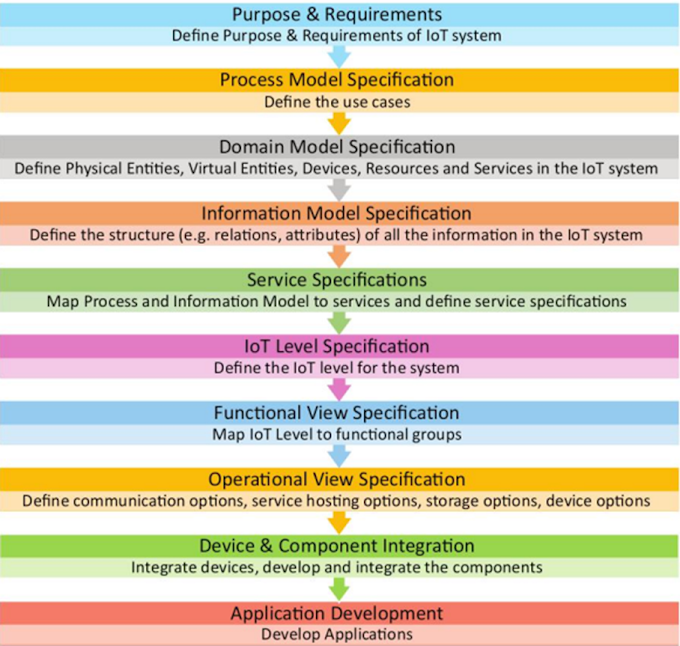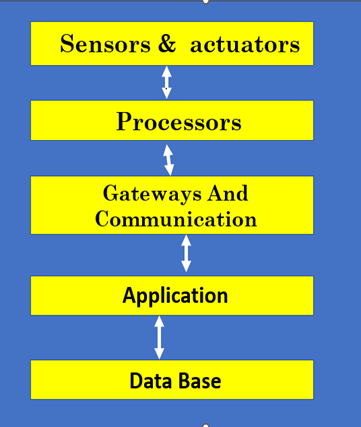Best, Average, and Worst-Case Analysis of Algorithms
Best, Average, and Worst-Case Analysis of Algorithms: In algorithm analysis, the performance of an algorithm is often evaluated under different scenarios, typically categorized as best-case, average-case, and worst-case scenarios. Each case provides insights into the algorithm's behavior under different conditions. 1. Best-Case Analysis: Definiti…
Read moreNotations of Time and Space Complexity of an Algorithm
Notations of Time and Space Complexity of an Algorithm Various types of notations are used to express the time and space complexity of algorithms. These notations help to provide a concise and standardized way of describing how the performance of an algorithm scales with input size. The most commonly used notations are Big O, Omega, and Theta. A b…
Read moreAnalysis of Space Complexity:
Analysis of Space Complexity: Definition : Space complexity is a measure of the amount of memory space an algorithm requires in relation to the size of the input. It provides insights into how the memory requirements of an algorithm increase with the input size. Notation : Similar to time complexity, space complexity is expressed using Big O…
Read moreAnalysis of Time Complexity:
Analysis of Time Complexity: Definition: Time complexity is a measure of the amount of time an algorithm takes to complete as a function of the size of the input. It provides an understanding of how the running time of an algorithm increases with the size of the input. Notation : Time complexity is commonly expressed using Big O notation, de…
Read moreEfficiency and Analysis of Algorithms:
Efficiency and Analysis of Algorithms: Efficiency in the context of algorithms refers to the ability of an algorithm to solve a problem or optimally perform a task, considering factors such as time and space complexity. Analyzing the efficiency of an algorithm is crucial to understanding its performance characteristics and making informed decisions abou…
Read moreSearch This Blog
- January 20251
- September 202433
- August 20243
- May 20241
- April 202411
- March 202413
- February 20249
- January 202447
- December 20233
- November 20233
- October 20235
- April 20231
- December 20223
- November 20221
- June 202224
- May 202223
- April 20226
- March 20226
- February 202230
- January 20229
- December 20214
- October 20215
- August 20212
- June 20215
- May 202113
- April 20219
- March 20219
- January 20211
- December 202023
- September 20201
- August 202015
- July 20204
- June 20207




Social Plugin